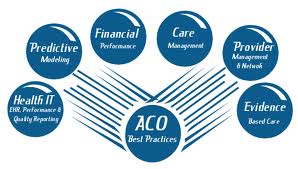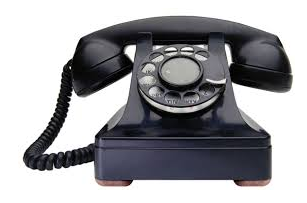A new government report says uninsured patients are generating $49 billion in unpaid hospital bills every year.
Put aside the fact that most of us don’t have much confidence in the way hospitals calculate what we owe and take that number at face value. It comes out to a little more than $1,000 per uninsured person per year.
A new government report says uninsured patients are generating $49 billion in unpaid hospital bills every year.
Put aside the fact that most of us don’t have much confidence in the way hospitals calculate what we owe and take that number at face value. It comes out to a little more than $1,000 per uninsured person per year.
Does that mean that the average uninsured patient is getting $1,000 of free medical care paid for by you and me? A lot of supporters of ObamaCare would like you to think so. That’s why we need a mandate, they argue, forcing people to buy health insurance whether they want it or not.
Ah…..but not so fast.
We just ain’t going to pay no toll.
People who are insured by their employer’s plan are getting a fat tax break. Wages are subject to a 15.3 percent federal payroll (FICA) tax, plus federal, state and local income taxes. Employer-provided health benefits avoid all these taxes, however. That’s a subsidy equal to about 25 percent of the cost of health insurance for most employees.
But suppose you are one of those workers who gets all your compensation in the form of taxable wages and has no health insurance. Then you are paying higher taxes than someone earning just as much as you are but getting part of his compensation in the form of tax-free health insurance.
My back-of-the-envelope calculation suggests that the typical uninsured worker is paying more than $1,000 in extra taxes precisely because he is uninsured. That’s right. The uninsured aren’t really getting free rides after all. They’re mainly paying their own way! And if they are above-average income, they are paying their own way by a good margin.
Now, I know what you’re thinking. The uninsured may be paying more taxes to the government, but you’re paying for their health care. Their unpaid bills make your hospital bill higher than it would have been.
That may seem logical, but it turns out to be mostly wrong. The cost of the unpaid hospital bills is mainly borne by government (and therefore, taxpayers), not by shifting costs to other patients. In fact, George Mason University health economist Jack Hadley estimates that about 75 percent of the cost of free care for the uninsured is paid by government.
There’s more to the story. Roughly one in four uninsured people in this country are eligible for Medicaid or a state Children’s Health Insurance Plan (S-CHIP). In other words, if they signed up and became insured, you would be paying for their care anyway. In fact, you would probably pay more.
Again, health care numbers are so murky it’s hard to know what anything really costs. Still, I take my cue from Parkland Memorial Hospital in Dallas. Staffers at Parkland actually go from patient to patient, trying to get people to enroll in Medicaid right in the emergency room. (Half the time they fail!)
The fact that Parkland goes to so much trouble suggests that the hospital gets more money from the government (meaning you, the taxpayer) for Medicaid patients than it gets for uninsured patients.
Now if you think any of this is a justification for ObamaCare, here’s one more thing to consider. The taxpayer burden for insuring the uninsured under the new health reform law will be about four or five times larger than the amount we are spending on free care for the uninsured right now.
Take a family of four with an income of about $32,000. If they are uninsured and they reflect the average experience, they will generate about $4,000 in unpaid hospital bills this year. But the federal government will pay almost all of the $23,700 health insurance premium that will be needed for family to obtain Obama Care insurance in one of the new health insurance exchanges. The government will also reimburse the family for most of its out-of-pocket costs. According to one estimate, the total subsidy for this family under ObamaCare will reach $22,740.
Even if the uninsured aren’t paying their own way under the current system, you will be paying much, much more for them under the new health reform law.
In a future Alert I’ll discuss the right solution to this problem.








